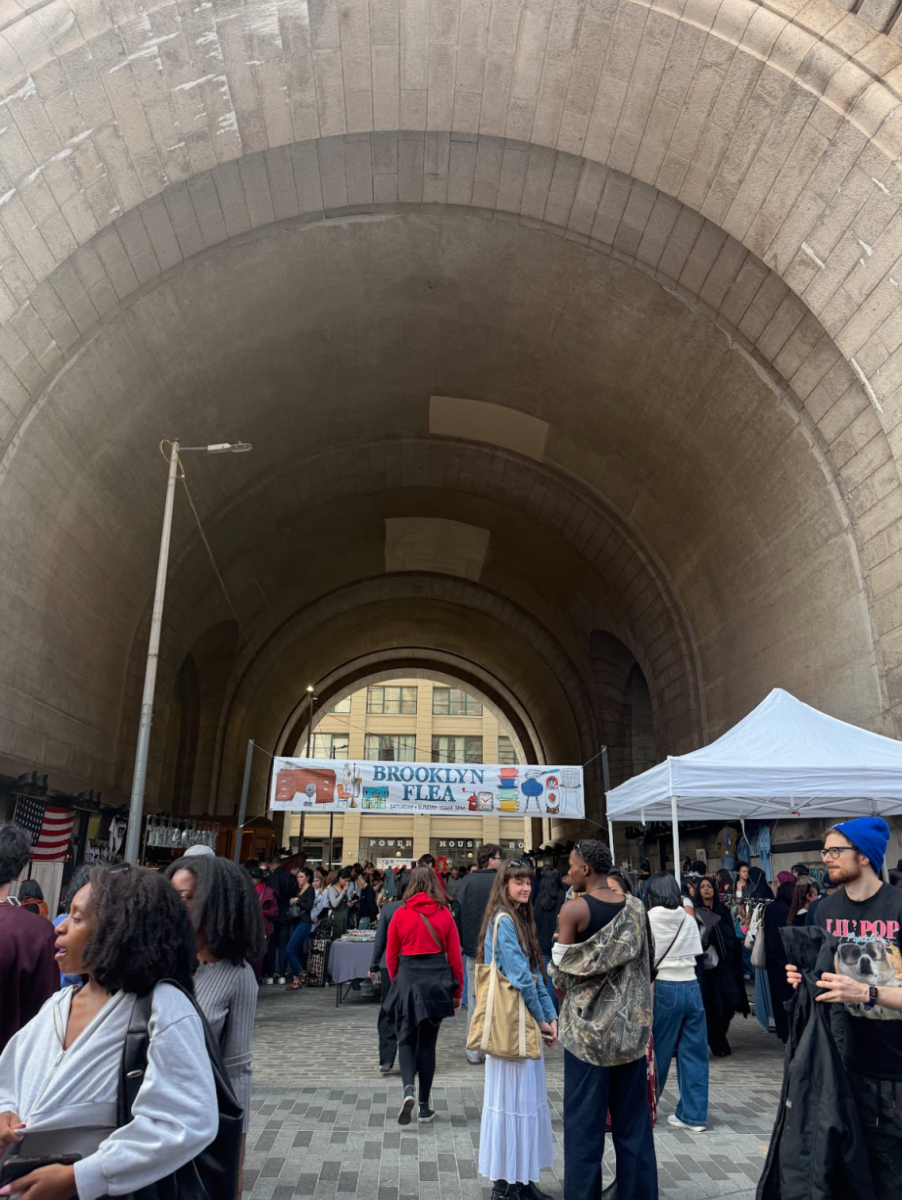By ROSEMARY DEROCHER
COLUMNIST
Death Cab for Cutie’s album Transatlanticism came out just over 10 years ago, and has been in my life for about six years now. It was not until recently, however, that I really reflected on the song “Passenger Seat.” On first hearing it, I thought that it had a nice sound, learned the piano part and then let it be. This is unsurprising, in reality, given that it’s comprised simply of piano, Ben Gibbard’s voice and the quiet drone of strings in the background. It is not a song that captivates the listener by any means, and can be overlooked as a follow up to the eight-minute title track. Considering the song’s lyrics, this makes perfect sense.
The entire song depicts a brief scene in which someone is driving the narrator home. Nothing particularly interesting happens, and we don’t know where the narrator is coming from or where he is headed. We don’t even know the person in the driver’s seat. “Passenger Seat” gives us nothing more than the narrator’s thoughts as he is driven home. Ultimately, this simplicity of narration works well for the song. It is about an inexplicable yet very real experience that is best described as sparsely as possible.
When two people are driving somewhere, there is some sort of connection between them that transcends a precise explanation. It’s hard to say why this happens or where it comes from. If it is a long ride, you might suggest that it has to do with being in such close proximity to one person for an extended time. Maybe it comes, somehow, from the way the passenger of any car places implicit trust in the person driving.
Ben Gibbard takes what is probably the most advisable route and doesn’t try to fully dissect the moment. He hardly seems to say anything to his companion, except for a brief attempt at expressing himself at the end: “When you feel embarrassed, then I’ll be your pride / When you need directions, then I’ll be the guide / For all time.” It’s a little awkward: the only metaphor he can come up with is the situation in front of him, hardly a metaphor at all. Whether the narrator said any of this out loud or just put the words together in his head, he was probably disappointed with their result. There was a lot that he was trying to convey in those words – and I don’t mean to take away from the image of being someone’s guide “for all time”– but the song is best, I think, when it’s just descriptive.
The most important thing that “Passenger Seat” does is staying simple. It’s tempting to get caught-up in the idea of dramatic, poetic language that is beautiful, perfect and endlessly multi-syllabic (like the first half of this sentence), but it doesn’t always work. It can be difficult to communicate abstractions and ideas properly through language, and in this song, Death Cab does a perfect job of abandoning the abstract and coming back down to earth to convey this passing moment that may be impossible to properly explain.









































































































































































































